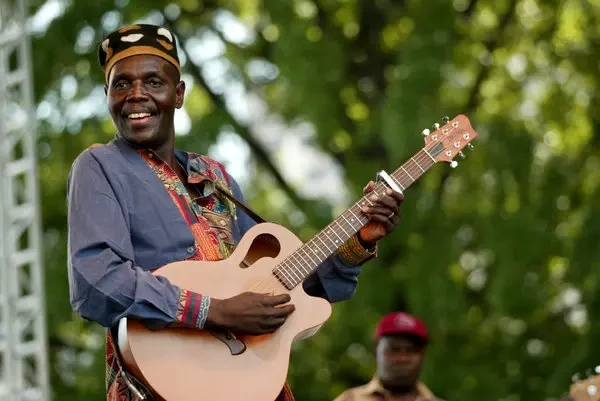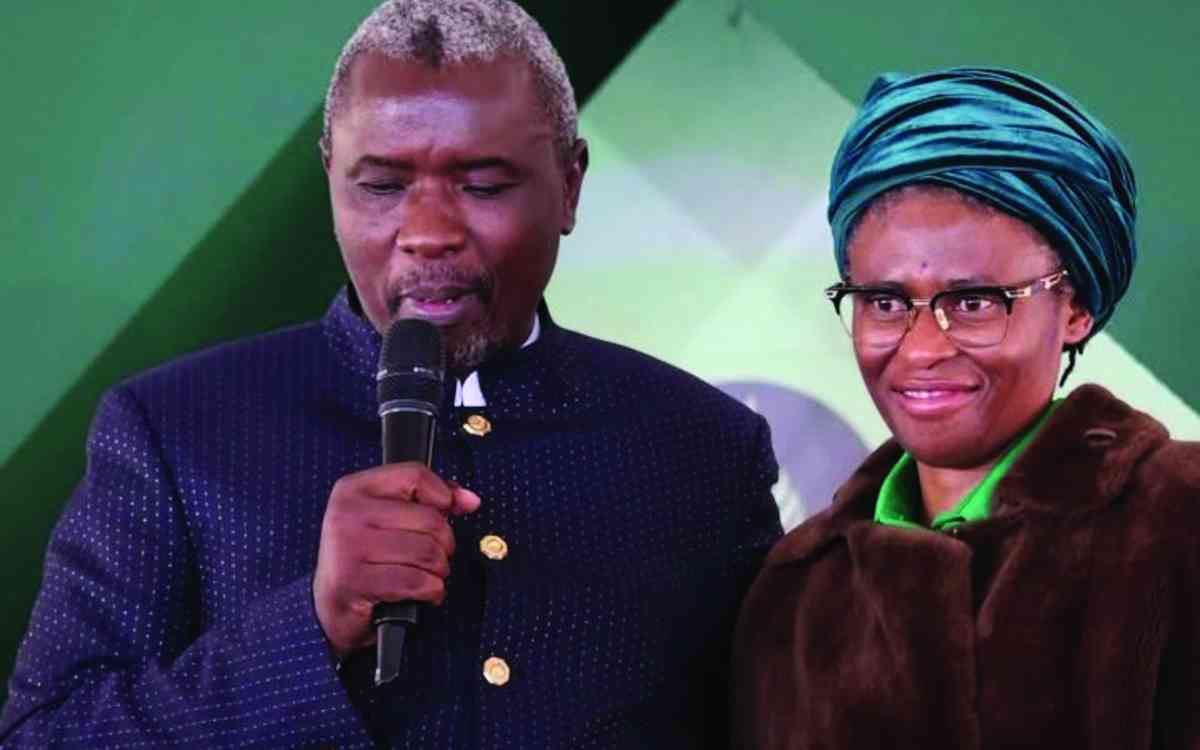
A few years ago, this young woman from next door came knocking at my door early in the morning with a baby in her arms. She started: “Dr Zindi, I am sorry to wake you up in the morning, but my baby has been suffering from diarrhoea all night. I thought that since you are a doctor and a neighbour, I will come to you. Can you help?”
“Go to the hospital with her. I am not that kind of doctor,” I said.
I spent more time explaining to her the difference between someone who is referred to as a doctor for academic reasons and one who is a doctor by virtue of his medical qualifications and ability to treat people who are ill.
We have many people in Zimbabwe who are called doctors, but the meaning behind their doctrates can be precarious. Many of them have earned honourary doctrates for their achievements in society and have accepted them for a variety of reasons.
In Zimbabwe, some musicians have been recognised with honourary doctorates, while others have pursued and earned traditional academic doctorates.
An honourary degree is an academic degree awarded to an individual by a university or other degree-awarding institutions in recognition of their exceptional achievements or contributions, without requiring the recipient to fulfill the usual academic requirements. It’s a prestigious recognition of their impact in a specific field or society in general. It can enhance an individual’s credibility, open doors to new opportunities, and provide a platform for sharing expertise. Although some individuals may choose to use the title doctor after receiving an honourary doctorate, it is not a legally protected title like physician and is not automatically granted by the award.
Honourary doctorates, like those awarded by the International Institute of Philanthropy (IIP), are conferred upon individuals for their significant contributions to society, often in the arts or humanitarian work, without requiring them to complete the typical academic requirements. These awards are distinct from earned doctorates, which are academic degrees achieved through rigorous study and research. The validity and legality of honourary degrees, particularly those awarded by non-accredited institutions, have been questioned in Zimbabwe.
In 2001,Thomas Mapfumo was awarded an honorary doctrate by Ohio University (USA) in music, recognising his contributions to music and activism .
- Mavhunga puts DeMbare into Chibuku quarterfinals
- Bulls to charge into Zimbabwe gold stocks
- Ndiraya concerned as goals dry up
- Letters: How solar power is transforming African farms
Keep Reading
In 2014, Oliver Mtukudzi, the late Zimbabwean music icon, was awarded an honourary doctorate in Ethnomusicology and Choreography by Great Zimbabwe University after the University of Zimbabwe (UZ) had failed to award him with the degree.
I was a member of the UZ council at the time when the granting of this award was debated. One UZ council member raised the question: “Isn’t he the same person who sang: Bvuma Wasakara referring to our chancellor?”
The chancellor at the time was the late former president Robert Mugabe. The debate got heated and Gideon Gono, who was chairing the meeting decided to postpone the debate saying that he would seek the opinion of the chancellor. It ws never debated again. The award was given at Great Zimbabwe University, another degree awarding institution in Masvingo by Professor Rungano Zvobgo, the vice-chancellor.
Mtukudzi had to cancel a scheduled European tour to receive this award. He later came to me and asked: “Professor, what do I use this award for? Can I come to the UZ and teach?”
I had no straight answer to give him except to repeat that it’s a prestigious recognition of his impact in music and that it can enhance his credibility, open doors to new opportunities, etc.
Of late, it was Jonah Moyo of Devera Ngwena Jazz Band, who received an honourary degree in Creative and Performing Arts from Great Zimbabwe University.
Moyo who sang the lines: MaGutu vaomesa kana ukaita tujerasi hapana zvinombobatsira in the hit song Solo NaMutsai, which propelled him to stardom is now Doctor Jonah Moyo. A film entitled Solo naMutsai has been made out of this hit.
While honourary doctorates are more prevalent, earned doctorates are less common among Zimbabwean musicians. The focus for most musicians is on their artistic careers rather than pursuing academic research and degrees.
There are some musicians who have turned down the offer of honorary degrees as they see no value in receiving them.
For instance Mudiwa Hood turned down the award from IIP after being informed that those degrees were fake.
Universities continue to churn out honorary degrees to close connections, who are popular or sometimes to attract wider audiences to their graduation ceremonies.
I would not be surprised if Jah Prayzah was next in line for an honourary doctrate.
It is crucial to distinguish between honorary and earned doctorates, as they represent different forms of recognition.
*Feedback: [email protected]











